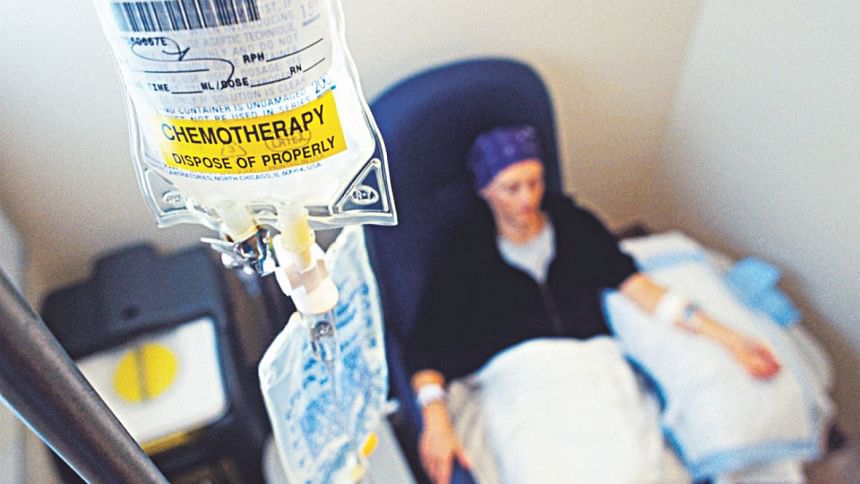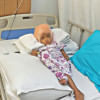Cancer: myths and realities

The 4th of February is the World Cancer Day. The theme of this year is — I am and I will. One of the last things you want to hear your doctor say is, "You have cancer." Unfortunately there is an ever increasing number of cancer diagnosis over the years. Here are some of the top myths about the dreaded 'C word' — and the latest truths on what you really need to know about the disease.
Myth: If there is no family history, you do not have to worry about getting cancer.
Truth: Genetics only accounts for 5-10% of all cancers. In fact, your risk of developing any type of cancer, regardless of family history is one in three. If you do have a family history of cancer, be sure to tell your doctor because it can help inform what kind of tests your doctor may choose to run, which could lead to an earlier diagnosis and more effective treatment should you develop cancer.
Myth: There is nothing you can do to prevent cancer.
Truth: While many cases of cancer have no obvious cause, about 42% of cancer diagnoses and 45% of cancer deaths are linked to modifiable risk factors, according to a study. It is suspected that more than half of all cancer cases could be avoided if people took simple steps, like eating a plant-based diet, limiting alcohol and doing 150 minutes of moderate activity (such as swift walking), or 75 minutes of brisk activity, a week.
Myth: Diet has nothing to do with preventing cancer.
Truth: While it is true that there are no specific 'super-foods' that can single-handedly keep you healthy, research has shown that plant-based diet could reduce overall cancer risk by as much as 10 to 12%.
Myth: Sleep does not play a part in cancer prevention.
Truth: On the contrary — men under the age of 65 who only get three to five hours of sleep per night have a 55% greater risk of dying of prostate cancer than men who clock seven hours, according to one study.
Myth: There is no connection between oral health and cancer.
Truth: People with severe gum disease have a 24% higher overall risk of developing cancer compared to those with mild or no gum disease, according to Journal of the National Cancer Institute.
Myth: You can be too old for cancer treatment.
Truth: There is no age limit for cancer treatment. Decisions about cancer treatment for older adults should be taken into consideration due to the same factors as for younger adults, and should not focus on the person's age alone. Many older patients benefit as much as younger patients from the treatment. However, some older adults may have other illnesses that might limit the use of specific treatments.
Myth: Everyone with cancer must start treatment immediately.
Truth: If a cancer is found at an early stage, is growing slowly, and your doctor feels treating the cancer would cause more discomfort than the disease, your doctor may recommend watchful waiting. During which the cancer is monitored closely. Treatment generally begins if the cancer shows signs of growing or begins causing symptoms.
Myth: Cancer thrives on sugar.
Truth: There is no conclusive evidence that proves eating sugar will make cancer grow and spread more quickly. All cells in the body, both healthy cells and cancer cells, depend on glucose, a type of sugar, to function. And the body breaks down all of the food you eat into glucose molecules. So, eating sugar would not speed up the growth of cancer, just as cutting sugar out completely would not slow down its growth.
Myth: Electronic devices, like cell phones, can cause cancer in the people who use them.
Truth: A few studies suggested a link with certain rare types of brain tumours, but the consensus among well-designed population studies is that there is no consistent association between cell phone use and brain cancer.
The writer is a Radiation Oncology Consultant at the United Hospital Limited, Dhaka.

 For all latest news, follow The Daily Star's Google News channel.
For all latest news, follow The Daily Star's Google News channel. 





Comments